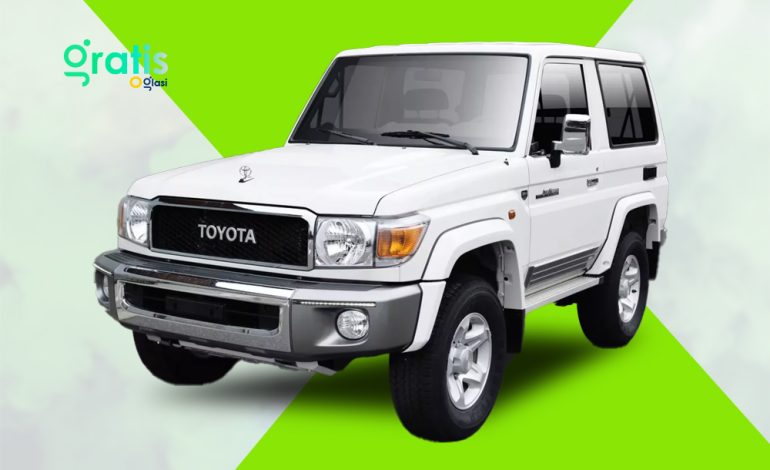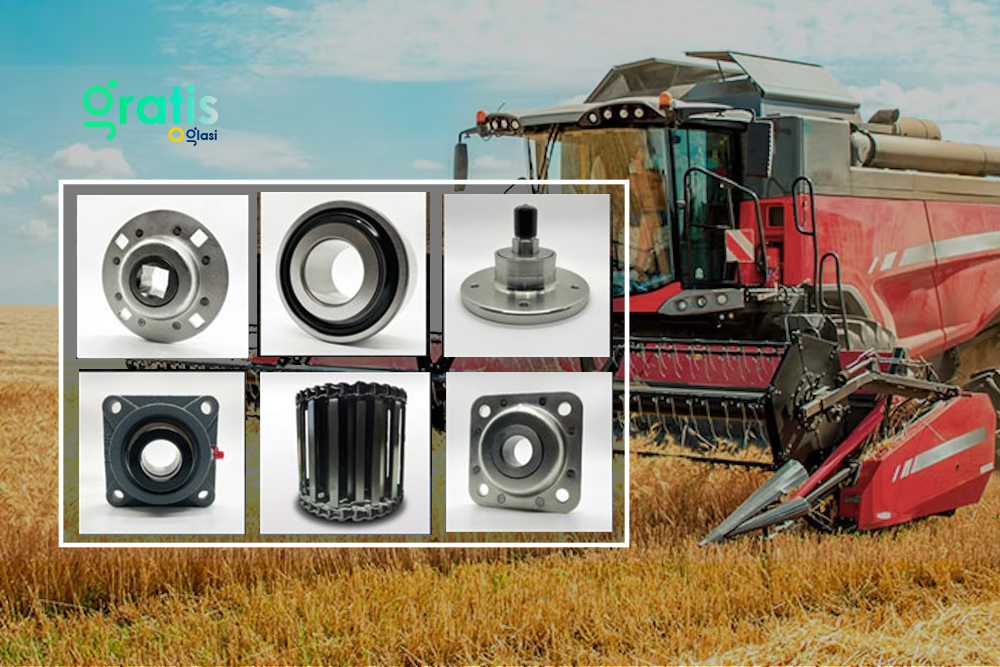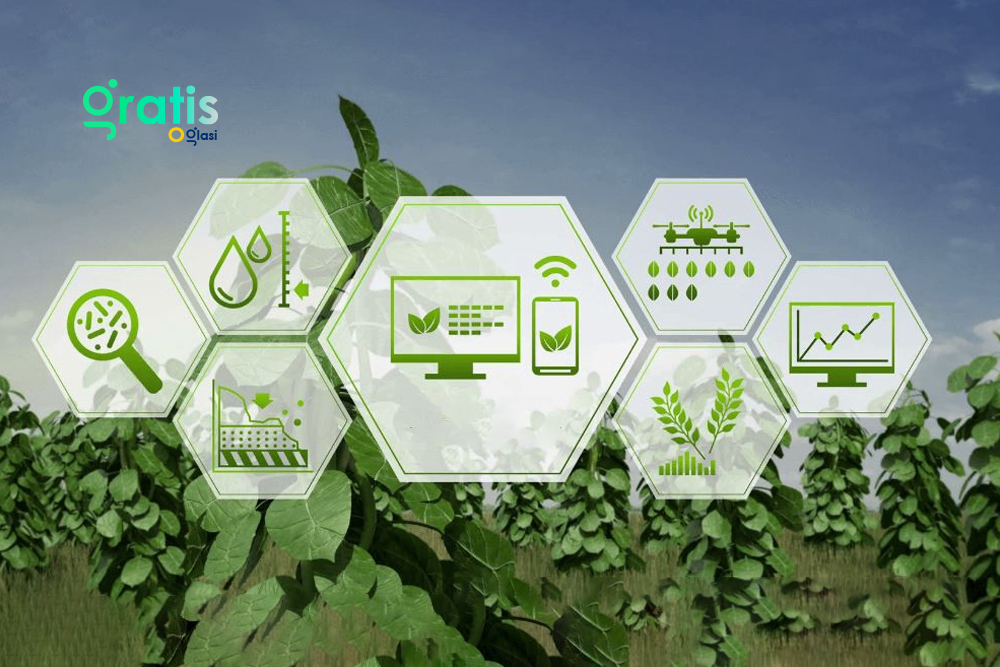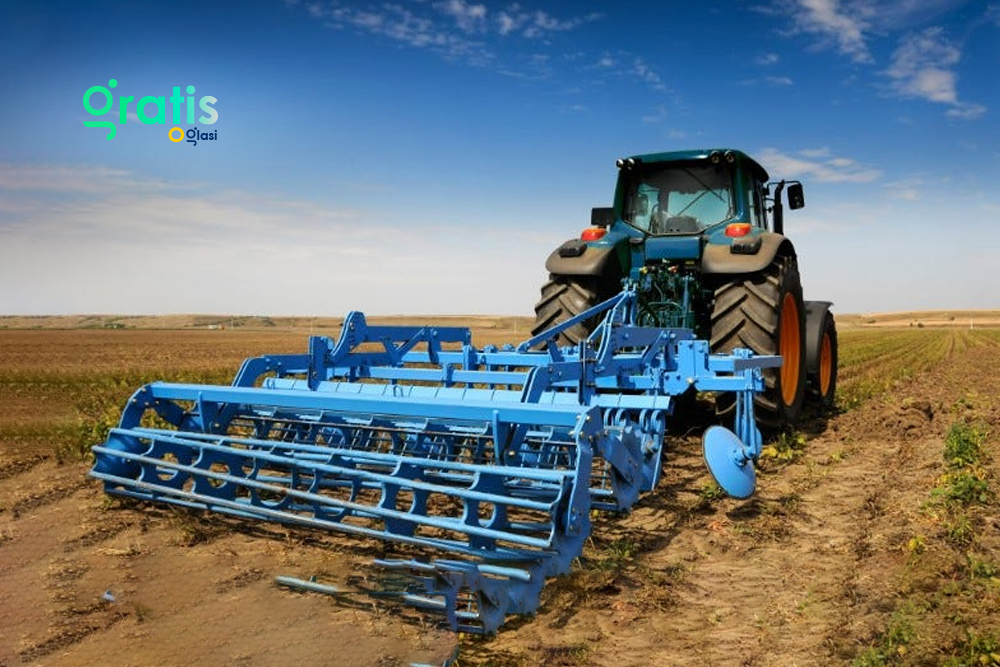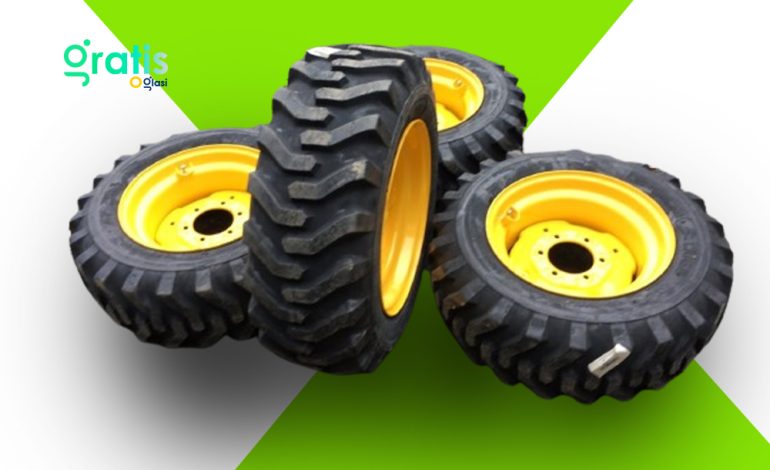
The Ultimate Guide to Choosing the Right Agricultural Wheels
A lot can depend on the wheels you choose for your farm equipment, including how well or how poorly your tasks do in the big picture. In the Ultimate Guide to Choosing the Right Agricultural Wheels, we’ll go over all the important things you need to know to pick the right wheels for your farm tools.
There isn’t a single size that fits all when it comes to agricultural wheels. They are important for the performance, durability, and efficiency of your gear. This guide goes into great detail about the different kinds of wheels, the factors that affect your choice, and how wheel size and tread design affect your general performance. This book will give you the information you need to make smart choices and find the right wheels for your needs, no matter how much experience you have as a farmer. Join us as we talk about this subject and start making your farming better.
Understanding Agricultural Wheels Types
Things like the wheels you pick for your farm tools are very important because they can have a big effect on how well they work. There are many different kinds of farming wheels, and each has its pros and cons. The solid rubber wheels last a long time, but the flexible and soft inflatable wheels are a clear winner. But steel wheels have their good points, and they really shine on rough ground.

This section goes into great depth about the features of each type of farming wheel so that farmers can make smart choices. We’ve done a full study of pneumatic, solid rubber, and steel wheels so that you can choose the type that best fits your farming needs. This will ensure that all of your farming activities are as effective and long-lasting as possible.
Factors to Consider When Choosing Agricultural Wheels
There are a few things you should think about before making your final choice if you want your farm wheels to work as well as possible. Being able to hold weight is very important because different pieces of machinery have different needs in this area. Soil compaction is something you should think about because it affects how well your equipment works and grips the ground. Another important thing is that your wheels are adaptable so that they can handle different types of terrain and weather. We’ll talk more about these factors and more in this article, which will help you pick the best farm wheels.
Assessing Your Agricultural Equipment

The first thing you should do when choosing the right agricultural wheels is to look at the tools you already have. Different types of tools need different wheel combinations to work at their best. Because of how they work, picking the right wheels for tractors, combine harvesters, and other farm tools makes them more efficient. We’ll show you how to evaluate your farm equipment so that you can pick the best wheels for each piece of gear. Understand and think about these things to make sure that all of your farming tools work well together and that your overall farming activities are successful.
The Impact of Wheel Size and Tread Design
In the always-changing world of agriculture, it’s hard to say enough about how important tread design and wheel size are. This part goes into detail about how these two parts work together and how they affect how well your farming equipment works. Your machinery’s efficiency and steadiness depend on the size of its wheels. Traction is determined by the tread design, which in turn depends on the types of surfaces your machinery can handle. If you know how these things affect each other, you can make the most of your agricultural wheels to boost production and movement in the ever-changing world of farm operations.
Budgetary Considerations
When buying farm wheels, it’s important to think carefully about your budget. This part looks at the cost of a few different farm wheels to give you a better idea of the money side of things. We will talk about how much different wheel styles cost upfront and how much they might save you in the long run. With this guide’s help, you can make smart choices that won’t break the bank while still getting the most out of your farming wheels in terms of how well they work, how long they last, and how much they improve farm productivity overall. The pros and cons are shown in a way that makes it easy to compare them.

Maintenance Tips for Agricultural Wheels
Regular repair is the best way to make your agricultural wheels last longer and work better. This area has some good care tips for your wheels that will help you keep them in great shape. Regular cleaning, the right kind of grease, and quick repairs for wear and tear are all important parts of a good maintenance program. By using these tips, you can make your farming tools work better and last longer. We’ll talk about the most important things that will keep your wheels turning easily as you cross the fields.
Environmental Considerations
Now that people are more aware of the environment, there are things other than usefulness to think about when choosing agricultural wheels. This part talks about environmentally friendly wheel options to help you see options that are in line with sustainable farming methods. We have done a lot of research on how different wheel materials and designs can help reduce the carbon effect of agriculture. Making choices that are good for the earth makes your farming equipment work better and helps protect the future. Let’s look into the world of agricultural wheels, which were made with the needs of modern farms and the environment in mind.

Case Studies
When you need to make a choice, it can help to think about real-life examples. This section gives you case studies that show how to make good choices in agricultural wheels. This case study includes first-hand reports from farmers who made smart choices that showed how those choices increased their efficiency and productivity. If you look at these real-life examples, you might learn a lot about how to make better choices for yourself. These case studies show how to get around problems or make big changes in the real world, in addition to the theoretical factors we’ve already talked about. These tips will help you pick the best farm wheels for your needs.
Emerging Technologies in Agricultural Wheels
As technology improves, so do the functions of farm wheels. This is because the world of agriculture is always changing. This area has the newest ideas and most cutting-edge technology in the design of agricultural wheels. We’ll talk about the cutting-edge technologies that are changing the game, such as new materials that last longer and smart monitors that make things more stable. To make sure that your field wheels have the newest features to meet the needs of modern farming, you need to know a lot about these technologies. In the world of farming tools, it’s important to stay on top of the latest trends. Learn about the amazing new possibilities that technology gives the farming business and the fascinating world of wheels of the future with us.

Tips for Extending the Lifespan of Agricultural Wheels
Make sure the wheels on your farm last if you want it to be productive for a long time. To make them last longer, you need to check them often, look for signs of wear, and fix any problems right away. When it’s time, replace and improve your equipment to make it last longer and last longer on the ground it works on. You can make your agricultural wheels last longer and work better by following the tips in this section as part of your normal maintenance routine. Join us as we look into useful ways to keep your wheels turning for many more years.
User Reviews and Recommendations
You can more easily get around the large area of agricultural wheels if you use what other farms know. This part talks about how important user reviews and ideas are for making smart decisions. To learn more about different types of wheels, brands, and how well they work in real-life farming situations, there are a lot of great tools online. By tapping into the combined wisdom of the farming community, you can learn useful things that go beyond technical details. Learn about the value of user reviews with us. We’ll point you in the direction of reliable sources where real people’s experiences might help you make decisions about farming wheels that will make your farm run better.
Expert Interviews
It can be hard to find the right farm wheels, but advice from someone who has done it before can be very helpful. More in-depth looks at the technical parts in this part come from talking to farm engineers and wheel experts. When you trust their knowledge and experience, you can get suggestions, tips, and things to think about from people who are experts in the field. Interviews with experts shed light on the way to making smart choices. Join us as we talk to experts about farming wheels and break down their complicated parts so you can make decisions that will last and work well on your farm.
Common Mistakes to Avoid
When choosing farm wheels, there are some things you should keep in mind. This part tells you about common mistakes you should avoid so you can make decisions quickly and correctly. We’ll show you the mistakes that could hurt the performance and longevity of your wheels, like ignoring their weight-bearing abilities and failing to take into account the needs of different types of terrain. If you know about these common mistakes, you can avoid making mistakes that cost a lot of money and make choices that are best for your farm. You can make an informed choice about whether farm wheels can make your operations more efficient and productive by following our guide to the most important things to think about and the most common mistakes to avoid.
Frequently Asked Questions (FAQs)
The suitability of solid rubber wheels versus pneumatic wheels depends on factors like terrain, machinery type, and specific farming needs.
Regular inspections and maintenance are recommended at least once a season or more frequently if your equipment undergoes heavy use.
Yes, eco-friendly options for agricultural wheels are available. From sustainable materials to innovative designs, these choices contribute to reducing the environmental impact of farming operations.
Conclusion
The Ultimate Guide to Choosing the Right Agricultural Wheels is the first part of our in-depth look at the complicated process of choosing wheels. We have put together a detailed road map for farmers that includes everything from learning about the different types of wheels to dealing with money issues. This guide has information like size, wheel design, and care instructions to help you make an informed choice. Remember that the right farm wheels are more than just parts; they are very important to the success of your farm. With this new knowledge, I wish you the best of luck with your farming. May it be more efficient, productive, and good for the environment.

